Reetam Ganguli’s Commentary on his African Student Model Initiative:
I think, in some cases, there exists this unhealthy culture where people take disingenuous trips to foreign nations to take frameable pictures, and then leave with no intention of continuing contact or furthering their impact. Up until these past few years, I had a similar line of thought, where I wouldn’t truly be able to comprehend or empathize with the structural educational barriers students in less fortunate conditions face on a daily basis. However, if I’ve learned anything from my time in Zimbabwe, it’s that only persistence and benevolent intentions can ensure the longevity of a project.
A lot of the teachers I’ve had the honor to meet have forgone much higher paying jobs in order to give back to ensure the success of the next generation of Zimbabweans, and they have touched me deeply. I’m still in contact with a few of them, occasionally giving them assistance both for JMA lessons and the respective subjects they teach.
To this day, several of the students I visited still converse with me over social media platforms like WhatsApp and Gmail, where I help them understand scientific concepts of their interest (like Aquaponics, CRISPR, and Gene Editing) on a daily basis. I also advise them on their local JMA chapters, helping them with teaching the material.
To allow the sustenance of the impact, we have implemented a Student Model, where students teach other students. Some of the students learning our JMA curricula in local secondary schools in Zimbabwe are taking the core JMA curriculum and modifying it with native cultural references to better connect with local students. A few have even set up a couple of new chapters in nearby underserved places like orphanage shelters, low income schools, and rural villages in the past month. I could not be more proud of all the secondary school learners who have led this initiative.
The benefit of this is two fold—secondary school learners get to solidify their understanding of medical biology concepts (as teaching material is the best way to master it) and practice leadership skills as they lead and further this initiative across their home cities. The rural students and orphans at shelters typically don’t pursue an education past 6th grade, and the vast majority of children there are encouraged to pursue a profession in farming/blue collar jobs.
However, scientific innovation is the lifeblood of any country, and I find it unacceptable that passionate and curious students are denied the opportunity to pursue higher levels of education and explore their ideas. Most of ambitious learners in these rural villages and shelters don’t have access to many materials due to language barriers since English is not a common language, and lack of outreach from organizations because there is no access to the internet.
This is why I think local secondary school students in Harare and Manicaland who can speak the native language (Shona) and translate and teach our JMA curricula in these villages on a weekly basis will increase the effectiveness of our efforts. I believe that this earlier, conceptualized exposure to science would be pivotal in inspiring more students to be ambitious with their future goals and aspire to be the doctors and scientists of tomorrow. Scientific inquiry allows young minds think of inventions that provide solutions to local problems, and I believe anyone is capable of learning and utilizing it.


In the image above, our partner Knowledge Chikundi recently met with a student in a rural village who had built solar panels to provide energy for his community. Likewise, In the schools I visited in Harare, there are passionate young girls who have taken spare parts and made refrigerators and engineered other useful contraptions. JMA has also created a guide that details experiments for students to make science contraptions using common materials to address problems within their community. Seeing this really put a smile on my face because this really is the true purpose of science—inspiring others to use what they have and solve problems for their communities.
Natalie’s Personal Commentary on Her Teaching Experience:
Natali attended Ganguli’s lessons during his time in Harare and aspired to follow in his footsteps to have a tangible impact on her community. Using the JMA curriculum and teacher guides, she started teaching in underserved regions of Zimbabwe.
“Its not really a school like others, this is an institution for kids with parents who can’t afford to send them to a real school or for those who don’t even have parents. At this school the kids just go there to get a bit of education, its an institution which would accept any kind of help. The place where i was teaching them in the photos, is actually their classroom, not really developed as you can see […] So for me it is really a delight to work in sync with JMA in exposing my fellow youth from my community to Medical Sciences just as i am and from what i’ve learnt ‘we learn to teach others and are blessed to bless others’ For a first time experience it was a bit intimidating, but what I really loved and keeps [me] going is how the students couldn’t wait for our next lesson together!”
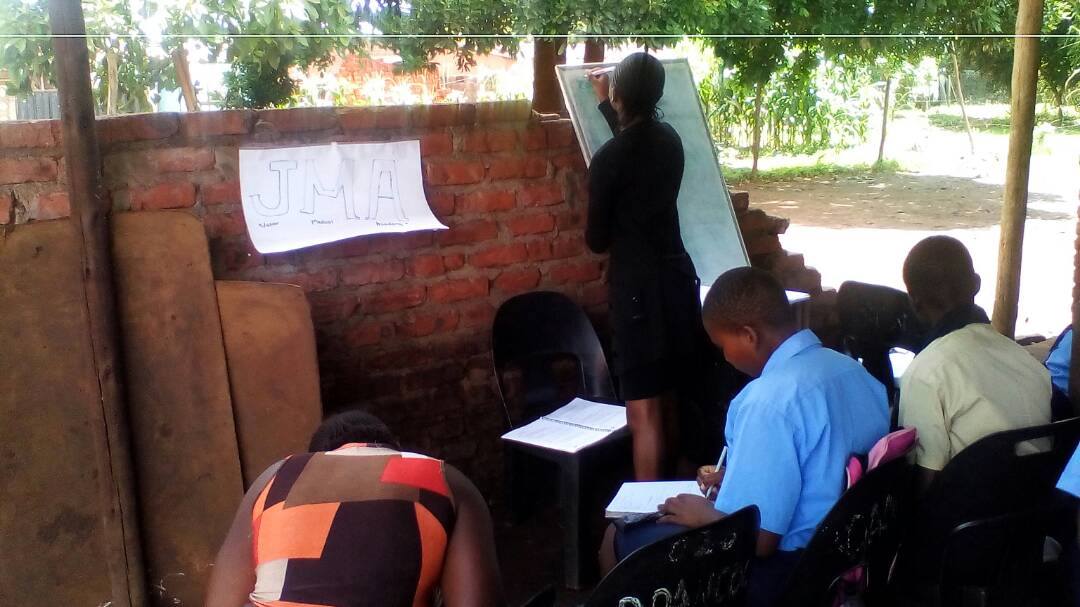
(Above) Natalie teaches students at Jubilee Study Center, an institution for orphans students who are unable to afford local schooling.
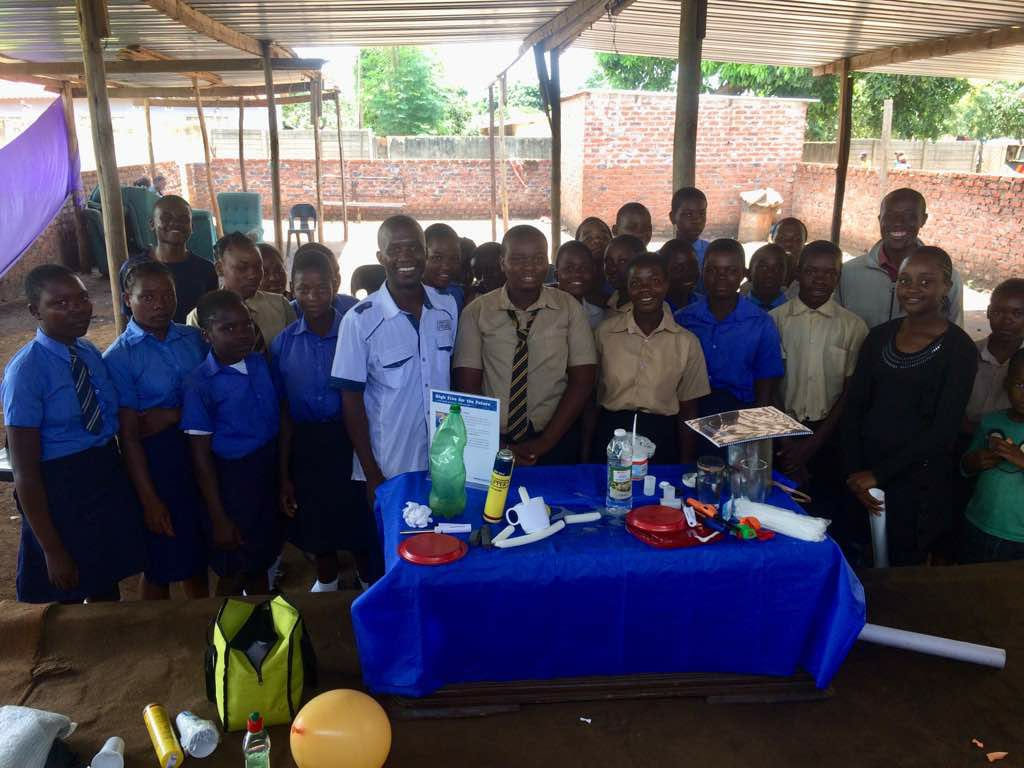
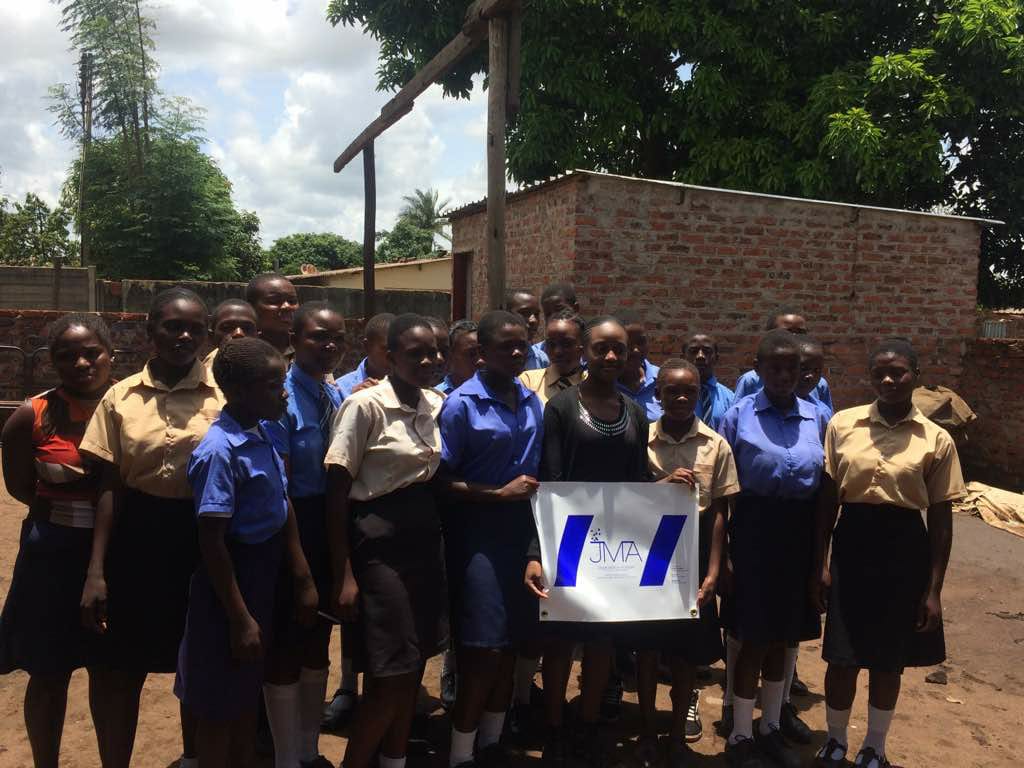
Students and faculty at Jubilee Study Center gather for a photograph following Natalie’s lesson.

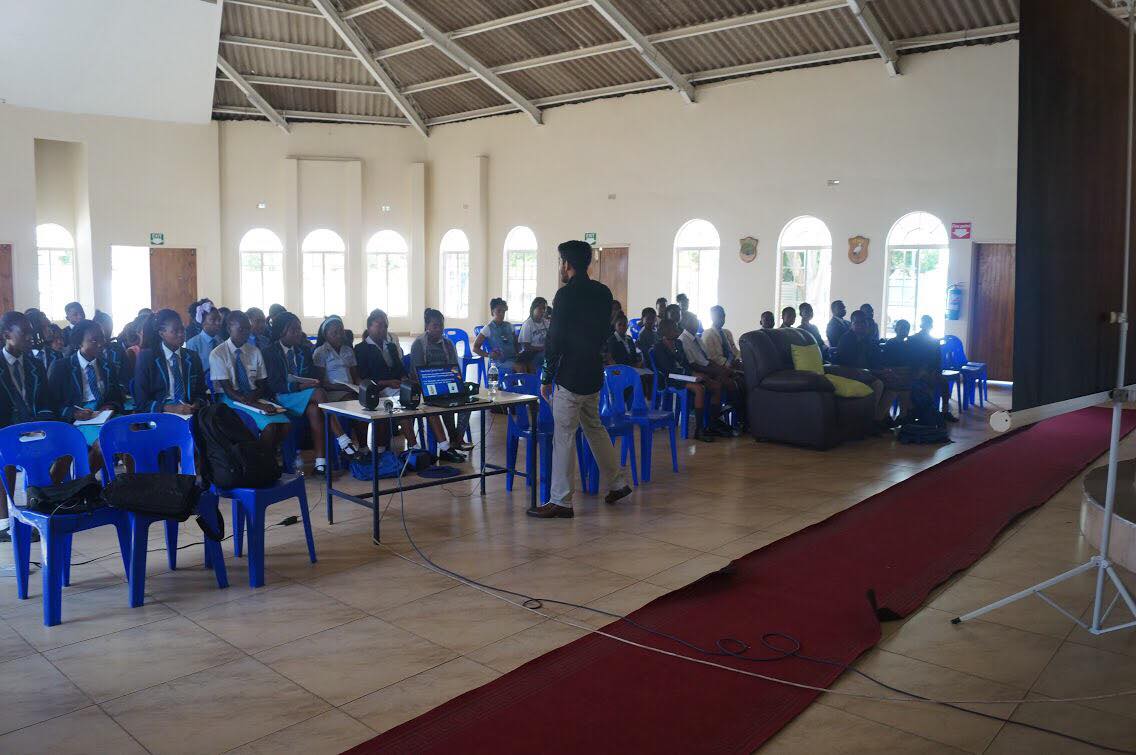
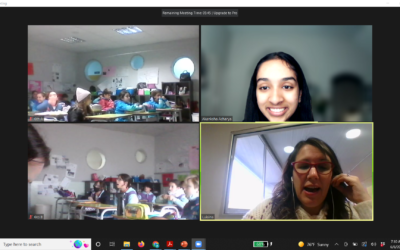
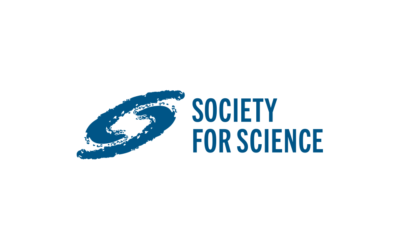
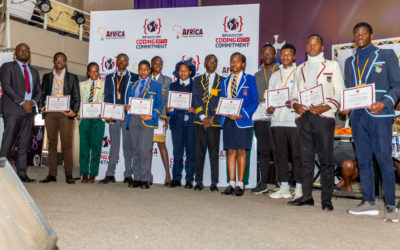
0 Comments